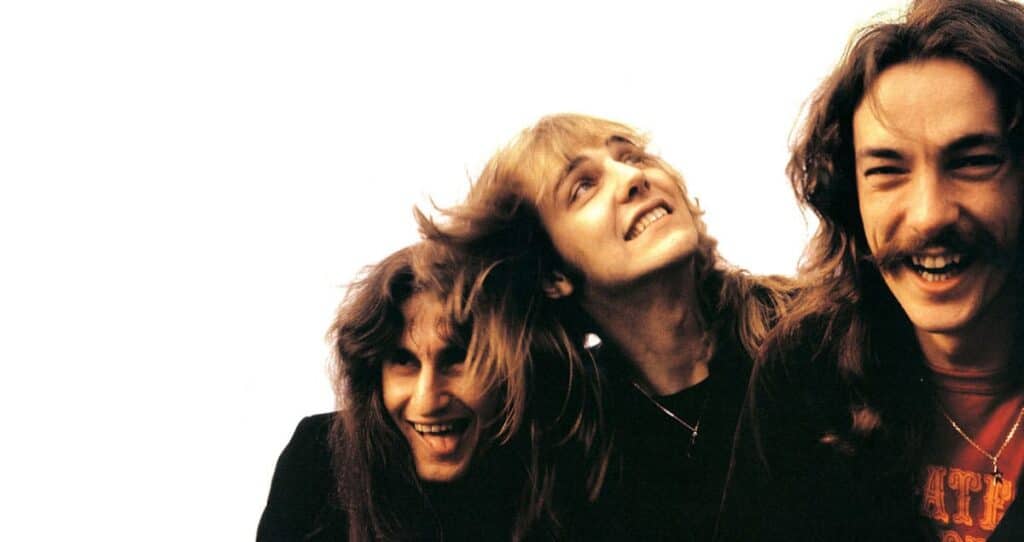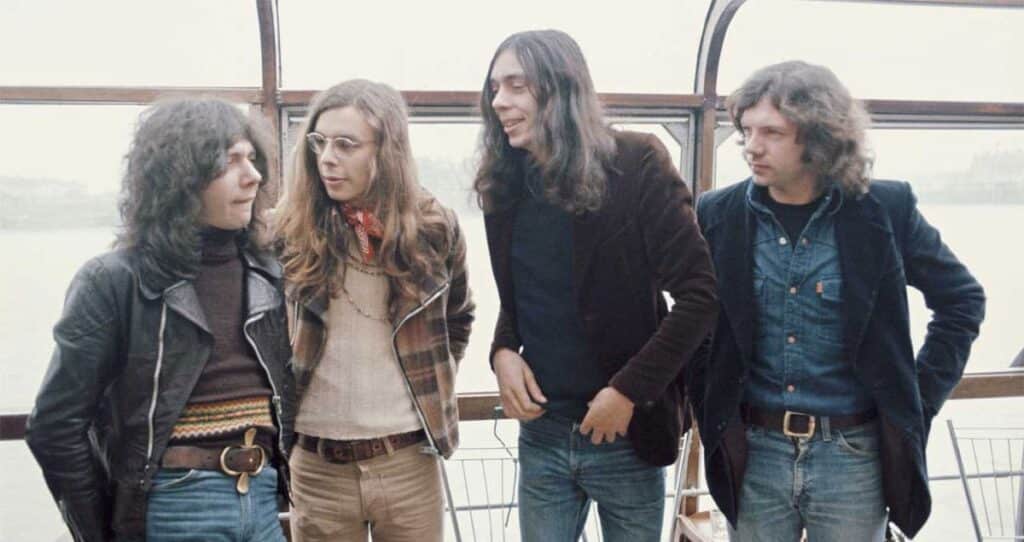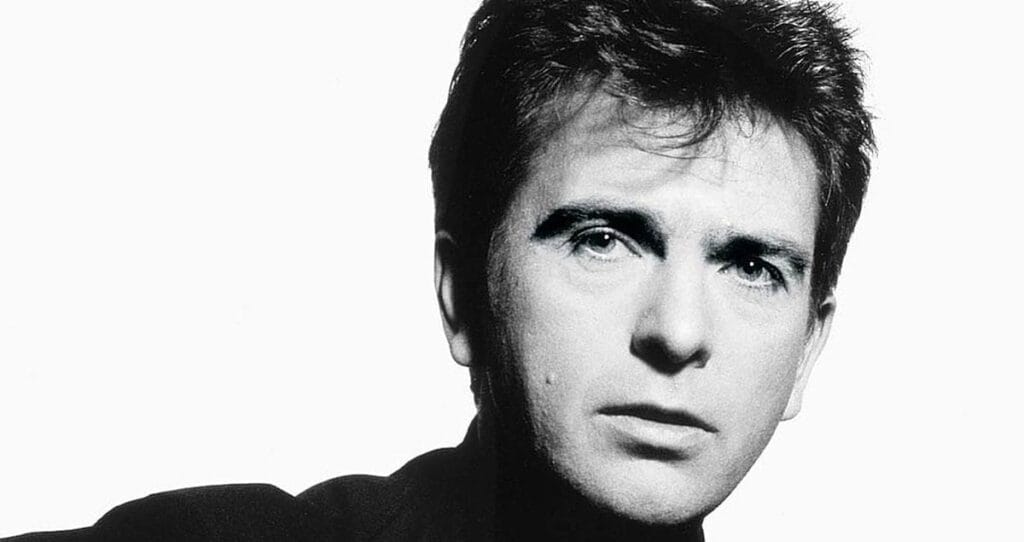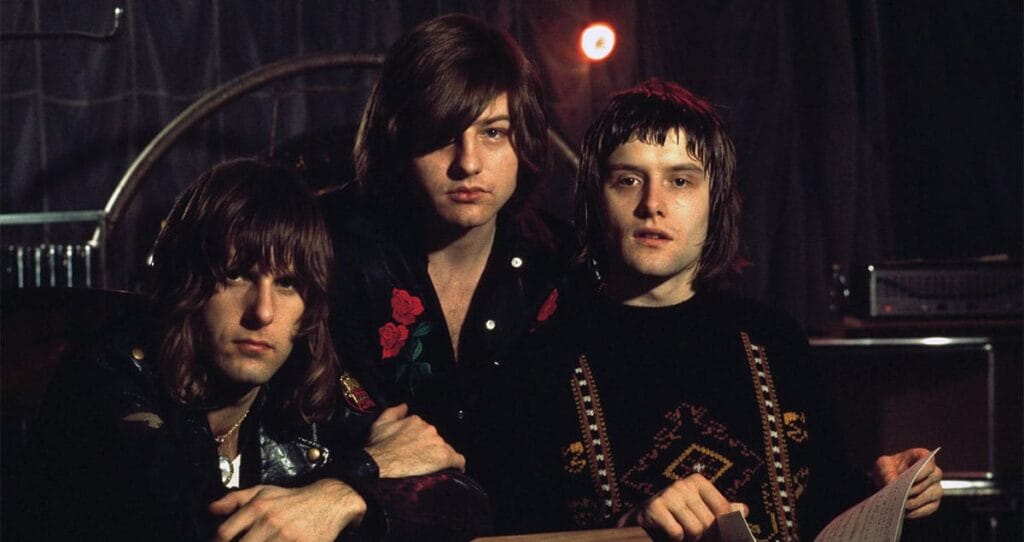Rush
1. Who Are Rush? Legendary Prog Rock Powerhouse Rush is a Canadian rock band formed in 1968, renowned for their unique blend of progressive rock, hard rock, and heavy metal. The band’s sound is defined by the virtuosic talents of its members: Geddy Lee (vocals, bass, keyboards), Alex Lifeson (guitar), and Neil Peart (drums, lyrics). […]













